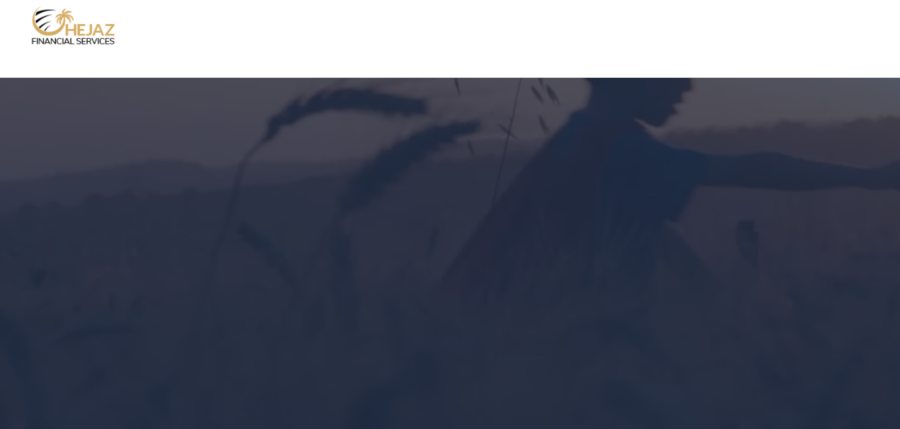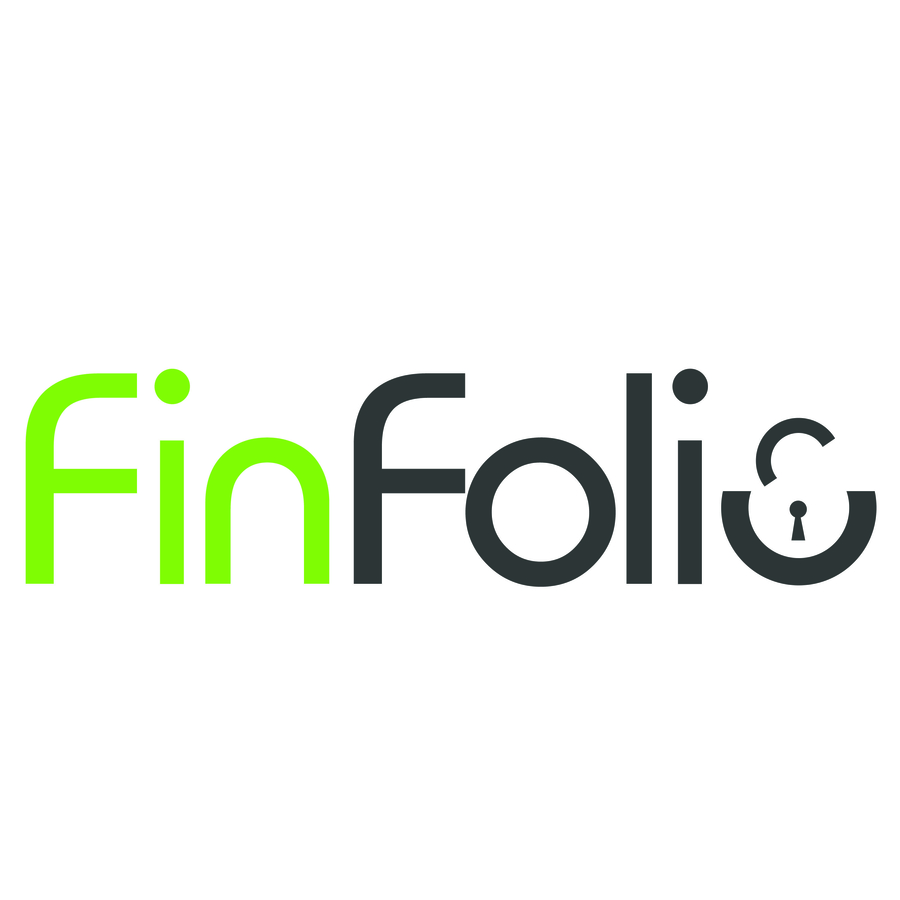WASHINGTON, DC, July 19, 2021 /24-7PressRelease/ —
Key Findings
• At the start of 2020, global sustainable investment assets under management (AUM) reached US$ 35.3 trillion, a 15 percent increase since the 2018 report (based on assets reported by the United States, EU, Australia/New Zealand, Canada and Japan).
• Global sustainable investment AUM are 35.9 percent of total assets under management, up from 33.4 percent in 2018.
• Sustainable investment AUM is largest in the United States with $17.1 trillion, followed by Europe ($12.0 trillion), Japan ($2.9 trillion), Canada ($2.4 trillion) and Australia/New Zealand ($906 billion).
• Sustainable investment assets continued to grow in most regions, with Canada experiencing the largest increase in absolute terms over the past two years (48 percent growth), followed by the United States (42 percent growth), Japan (34 percent growth) and Australia/New Zealand (25 percent growth) from 2018 to 2020.
• The most common sustainable investment strategy is ESG integration, followed by negative screening, corporate engagement and shareholder action, norms-based screening and sustainability-themed investment.
Today the Global Sustainable Investment Alliance (GSIA), of which US SIF is a founding member, released its biennial Global Sustainable Investment Review 2020, revealing an industry that has grown to US $35.3 trillion, up 15 percent since 2018. It now comprises 36 percent of all professionally managed assets globally.
The Global Sustainable Investment Review, now in its fifth edition, has become the most comprehensive report on the size, growth and dynamics of the global sustainable investment industry.
The 2020 report reveals how the growth of sustainable investment and trends varies by region. It also reveals that there is an increasing focus on moving the industry toward standards of best practice.
The United States and Europe represent more than 80 percent of global sustainable investment assets. The United States has the largest share of sustainable investment assets with $17.1 trillion, followed by Europe ($12.0 trillion), Japan ($2.9 trillion), Canada ($2.4 trillion) and Australia/New Zealand ($906 billion).
Canada experienced the largest increase in absolute terms over the past two years (48 percent growth), followed by the United States (42 percent growth), Japan (34 percent growth) and the Australia/New Zealand (25 percent growth). Europe reported a 13 percent decline in sustainable investment assets between 2018 to 2020 due to changes in the methodology from which European data is drawn for this year’s report. This change reflects a transition associated with the implementation of revised definitions of sustainable investment that the European Union has embedded into legislation as part of the European Sustainable Finance Action Plan.
ESG integration is now the most prevalent sustainable investment approach globally, affecting $25.2 trillion in assets, followed by negative/exclusionary screening, applied to $15.0 trillion in assets and corporate engagement/shareholder action with $10.1 trillion. In 2018 negative/exclusionary screening was reported as the most popular sustainable investment strategy. This shift towards ESG integration was particularly pronounced in Japan where ESG integration became the most common sustainable investment strategy, taking over from corporate engagement and shareholder action.
This year’s report also includes additional market insights from the United Kingdom, China and other areas of Asia, as well as Latin America and Africa.
“The Global Sustainable Investment Review 2020 reveals the continued interest in and growth of sustainable investment across multiple markets from 2018-2020,” said Lisa Woll, CEO of US SIF and the US SIF Foundation. “In 2021, the Biden Administration’s policy priorities and investor desire to address economic and racial inequality as well as climate change, among other critical issues, have fostered additional interest in sustainable investment in the United States.”
“The Global Sustainable Investment Review 2020 demonstrates that sustainable investment is a major force shaping global capital markets, and, in turn is influencing companies and others seeking to raise capital in those global markets” said Simon O’Connor, Chair of the GSIA.
The US SIF Foundation and the GSIA are grateful for sponsorship from RBC Asset Management and Robeco for this edition of the Global Sustainable Investment Review. The US SIF Foundation also appreciates the sponsors of the Report on US Sustainable and Impact Investing Trends 2020, which provided the underlying US data for the GSIA report.
To arrange an interview with Lisa Woll, CEO of US SIF, please contact ussif@lowecom.com or email Jody Lowe (jody@lowecom.com).
About the Global Sustainable Investment Review 2020
The Global Sustainable Investment Review 2020 is the fifth edition of this biennial report mapping the size, growth and dynamics of the global sustainable investment industry. This edition collates results from US SIF: The Forum for Sustainable and Responsible Investment (US SIF), Japan Sustainable Investment Forum (JSIF), the Responsible Investment Association Canada (RIA Canada) and the Responsible Investment Association Australasia (RIAA) and in the case of Europe (including the UK), from secondary industry data. All 2020 assets are reported as of 31 December 2019, except for Japan which reports as of 31 March 2020. The report also includes additional market insights from the United Kingdom, China as well as other parts of Asia, and across Latin America and Africa, to form a global picture of the sustainable investment industry.
About the Global Sustainable Investment Alliance (GSIA)
The GSIA is a group of the world’s largest regional and national sustainable investment organizations that collaborate to deepen and expand the practice of sustainable investment. The GSIA is comprised of the sustainable investment membership organizations in the United States, Canada, Australasia, Japan, EU and the UK with a combined membership of many hundreds of investment organizations managing trillions of dollars of assets. The organizations in the GSIA have the deepest reach into the world’s largest sustainable investment markets, from retail to institutional investors. For more information, visit gsi-alliance.org.
About US SIF and the US SIF Foundation
US SIF: The Forum for Sustainable and Responsible Investment is the leading voice advancing sustainable and impact investing across all asset classes. Its mission is to rapidly shift investment practices toward sustainability, focusing on long-term investment and the generation of positive social and environmental impacts. US SIF members include investment management and advisory firms, mutual fund companies, asset owners, research firms, financial planners and advisors, community investing organizations and non-profit associations.
US SIF is supported in its work by the US SIF Foundation, a 501(C)(3) organization that undertakes educational and research activities to advance the mission of US SIF. Learn more at ussif.org.
—
For the original version of this press release, please visit 24-7PressRelease.com here





